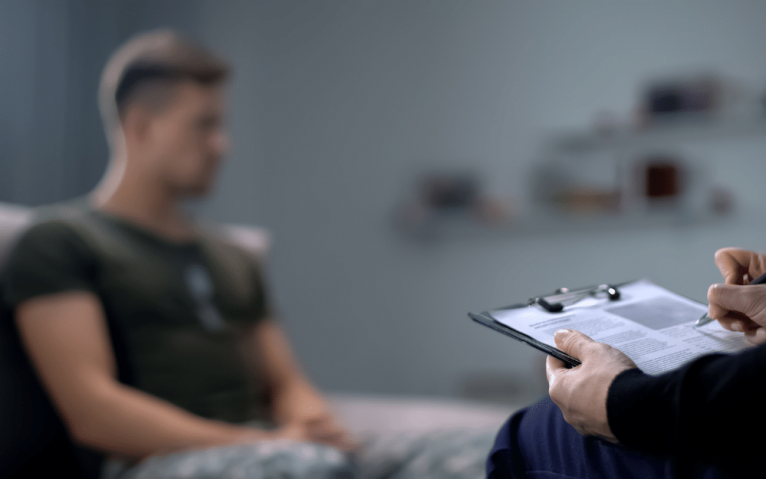Close to 34 percent of people in substance abuse treatment struggle with some level of post-traumatic stress disorder (PTSD) or other trauma. Early traumatic experiences can lead people to experiment with different substances like drugs and alcohol as a coping mechanism. Over time, they find themselves struggling with a substance use disorder, which triggers trauma remnants, continually placing them in a vicious cycle. Rapid resolution therapy can be an excellent treatment for trauma recovery with long-lasting benefits.
What’s Rapid Resolution Therapy?
Rapid resolution therapy (RRT) is a psychotherapy style that helps individuals permanently overcome the ongoing effects of trauma. This modality combines hypnosis, guided imagery, story-telling, and purposeful communication that promotes a subconscious mind’s response to eliminate the challenges of trauma.
How Rapid Resolution Therapy Works for Trauma Recovery
RRT is a response to other trauma recovery treatment options that don’t focus on self-discovery and closure. The idea of rapid resolution therapy is to change the thoughts and coping mechanisms of trauma survivors through inner conversation. Instead of erasing the events, RRT helps people realize that their painful experiences shaped who they are today.
Unlike traditional therapies, RRT focuses on changing thought patterns and automatic responses of the brain to help with trauma recovery. Using methods like hypnosis and guided meditation, RRT therapists can help uncover hidden trauma and feelings.
What to Expect from Treatment
One differentiator of rapid response therapy is the overall treatment plan. RRT is a brief therapy that takes place between two to six sessions. The approach focuses on addressing problematic thoughts, behaviors, and emotions in a painless procedure that does not require individuals to re-experience or relieve emotional response. This latter aspect makes RRT so popular and intriguing for patients who don’t want to relive their traumatic events.
RRT is also helpful for individuals who don’t know how to express their feelings or put their traumatic experiences into words. Through purposeful conversation, therapists control the session, guiding the patient through their subconscious to achieve a specific result.
However, unlike other evidence-based therapies, RRT is still a relatively new type of treatment. There’s a study trying to see the effectiveness of this form of therapy in PTSD patients and sexual assault survivors. But, the research is still waiting for results.
Where to Find a Rapid Resolution Therapy
About one-third of people exposed to trauma develop PTSD, and a high percentage of them can struggle with a substance use disorder later. When trauma and addiction coexist, this dual diagnosis can make the healing process of both conditions more challenging and painful.
Addressing addiction and trauma simultaneously is key for treating both conditions at the source and address any behavioral conditions that might stem from the relationship between trauma and substance abuse.
Most dual diagnosis treatment centers incorporate rapid resolution therapy within their treatment plans for trauma recovery. Always look for treatment plans that have certified licensed mental health professionals.
However, remember that RRT is a somewhat new form of therapy. So, it’s still important to pair it with evidence-based therapies like cognitive-behavior therapy (CBT), medicines, and alternative therapies to offer a comprehensive treatment plan that addresses the overall trauma and addiction.
Getting Help for Addiction
Lighthouse Recovery Institute is one of Florida’s best dual diagnosis treatment centers for its unique treatment approach. Because of our unique method, we’re able to treat people with co-occurring disorders in a completely different way. Our team understands that a simultaneous treatment approach is critical to help you get the most out of rehab.
A comprehensive treatment plan that addresses co-occurring disorders is the secret for long-term recovery and healthy life free of drugs and trauma.









